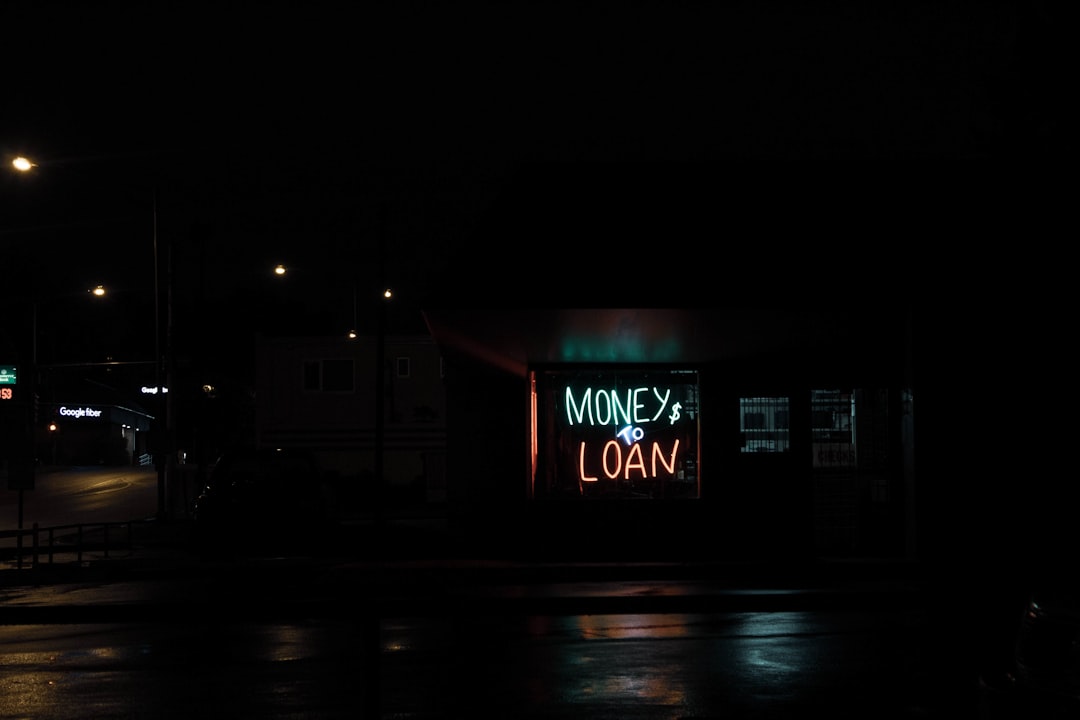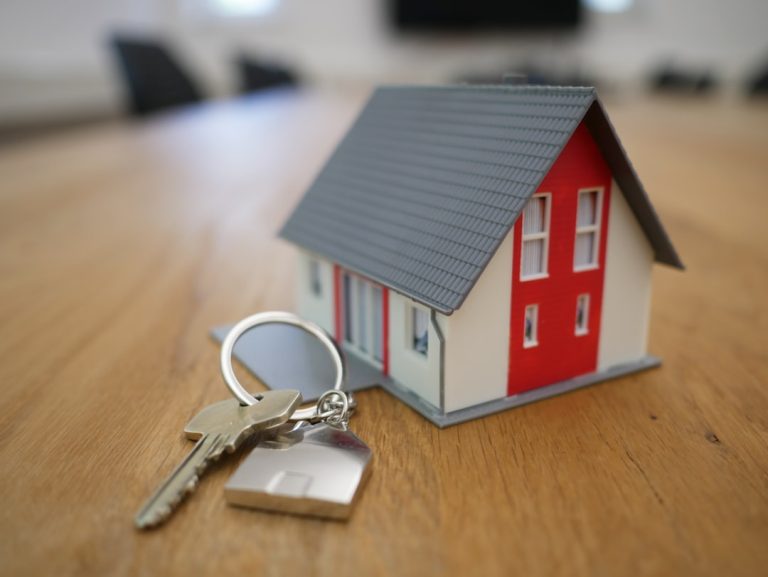Bad credit debt consolidation loans offer homeowners with low credit scores a strategic way to manage multiple high-interest debts, simplifying repayment and saving on interest payments over time. These loans can combine credit card balances, personal loans, or past-due mortgages. However, careful review of loan terms, comparison of rates, and understanding potential fees are crucial for responsible use. Homeowners must meet specific eligibility criteria, including stable income and positive credit history, and may need to provide proof of ownership and appraisal reports. Consolidation simplifies debt management, reduces monthly expenses, increases cash flow, and aids in rebuilding creditworthiness over time, through consistent payments and error dispute resolution. Two main types are secured and unsecured loans, each with its own pros and cons. A rigorous application process evaluates financial standing, and upon approval, homeowners gain access to consolidated loans that can improve their financial situation and credit scores. Effective repayment management and regular credit report monitoring are vital for maximizing the benefits of these loans.
Struggling with multiple debts as a homeowner with low credit? Bad credit debt consolidation loans could be your solution. This article guides you through understanding these specialized loans, their eligibility criteria, and unique benefits for improving financial health despite low credit scores. We’ll explore different loan types, the application process, and essential strategies for successful repayment. Take control of your finances and learn how bad credit debt consolidation can help you rebuild.
- Understanding Bad Credit Debt Consolidation Loans
- Eligibility Criteria for Homeowners
- Benefits of Debt Consolidation for Low Credit Scores
- Types of Bad Credit Loans Available
- Application Process and Requirements
- Managing Repayment and Improving Credit Score
Understanding Bad Credit Debt Consolidation Loans

Bad credit debt consolidation loans are designed to help homeowners with low credit scores manage their debt more effectively. These loans allow borrowers to combine multiple high-interest debts into a single, lower-interest loan, simplifying repayment and potentially saving money on interest payments over time. This can be especially beneficial for those dealing with credit card balances, personal loans, or even past-due mortgages.
When considering bad credit debt consolidation loans, it’s crucial to understand the terms and conditions carefully. Lenders often charge higher interest rates due to the risk associated with lower credit scores, so comparison shopping is essential. Additionally, borrowers should be aware of any fees associated with the loan, such as origination or prepayment penalties. Responsible use of these loans can lead to improved financial health and a path to rebuilding credit over time.
Eligibility Criteria for Homeowners

Homeowners interested in bad credit debt consolidation loans need to meet certain eligibility criteria before applying. Lenders will assess factors such as income, debt-to-income ratio, and the homeowner’s ability to make consistent repayments. A stable source of income is crucial, as it demonstrates the borrower’s capacity to repay the loan. Lenders also consider the amount of existing debt and the homeowner’s credit history, which can be a significant barrier for those with low credit scores.
Additionally, lenders may require proof of homeownership and appraisal reports to ensure the property’s value aligns with the loan amount. These requirements aim to safeguard the lender’s investment while providing homeowners with a chance to consolidate their debts and improve financial health.
Benefits of Debt Consolidation for Low Credit Scores

Debt consolidation is a powerful tool for homeowners with low credit scores looking to improve their financial situation. One of the key benefits is the ability to simplify complex debt payments into a single, manageable loan. This strategy can significantly reduce monthly outgoings by combining multiple high-interest debts into one with a potentially lower interest rate. As a result, borrowers can free up cash flow, making it easier to meet their financial obligations and even start rebuilding their credit.
Additionally, bad credit debt consolidation loans offer the chance to break free from the cycle of debt that often plagues low credit scores. By consolidating debts, homeowners can say goodbye to multiple lenders and payment deadlines, streamlining their finances and reducing stress. This process allows individuals to focus on making consistent payments towards one loan, which can help them restore their creditworthiness over time.
Types of Bad Credit Loans Available

When it comes to bad credit debt consolidation loans, homeowners with low credit scores have several options to explore. These specialized loans are designed to help individuals combine multiple high-interest debts into a single payment, offering relief from the financial burden of numerous small balances. The two primary types of bad credit debt consolidation loans for homeowners include secured and unsecured options.
Secured loans require borrowers to put up collateral, typically their home equity, to secure the loan. This acts as a safety net for lenders, making it easier to approve applicants with lower credit scores. Unsecured loans, on the other hand, don’t require any collateral but often come with stricter qualification criteria and slightly higher interest rates due to the increased risk for lenders. Both types of bad credit debt consolidation loans can help streamline financial management, simplify payments, and potentially reduce overall interest expenses.
Application Process and Requirements

The application process for bad credit debt consolidation loans is designed to assess an applicant’s financial health and ability to repay. Homeowners interested in this option will need to provide detailed financial information, including income statements, asset details, and a comprehensive overview of their existing debts. Lenders will carefully review these documents to gauge affordability and determine the most suitable repayment plan. The requirements typically include a minimum credit score threshold, which varies among lenders but often starts from 580 or below. Despite the low credit score acceptance range, lenders may also consider other positive financial indicators, such as stable employment history and adequate income levels, to mitigate risks associated with bad credit debt consolidation loans.
Applicants should expect to undergo a thorough verification process, which involves cross-checking the information provided against credible data sources. This step is crucial in ensuring the accuracy of the application and securing favorable loan terms. Additional documents, such as government-issued IDs, property ownership proofs, and tax returns, may be requested during this phase. Once approved, homeowners can access consolidated loans to pay off multiple debts, simplifying their financial obligations and potentially improving their credit scores over time.
Managing Repayment and Improving Credit Score

Managing repayment is a crucial aspect of bad credit debt consolidation loans for homeowners. Once approved, it’s essential to stick to the agreed-upon repayment plan. Regular and timely payments can significantly improve your credit score over time. Lenders view consistent repayments as a sign of financial responsibility, which can lead to better interest rates on future loans.
Additionally, these consolidation loans offer an opportunity to streamline multiple debts into one manageable payment. This simplicity can help homeowners avoid the temptation to overspend or miss payments due to the complexity of managing several creditors. As you make progress on repaying your loan, actively work on improving your credit score by checking your credit report regularly for errors and disputing any inaccurate information.
Bad credit debt consolidation loans can be a game-changer for homeowners struggling with multiple debts. By understanding the eligibility criteria, benefits, and application process outlined in this article, you can make an informed decision about consolidating your debts to improve your financial health and, over time, enhance your credit score. Remember that while bad credit debt consolidation loans offer a path forward, responsible borrowing and repayment are key to long-term success.
